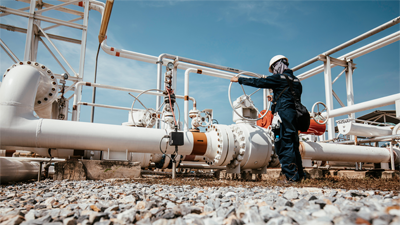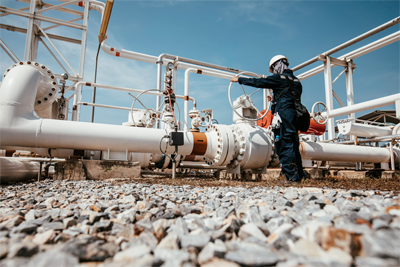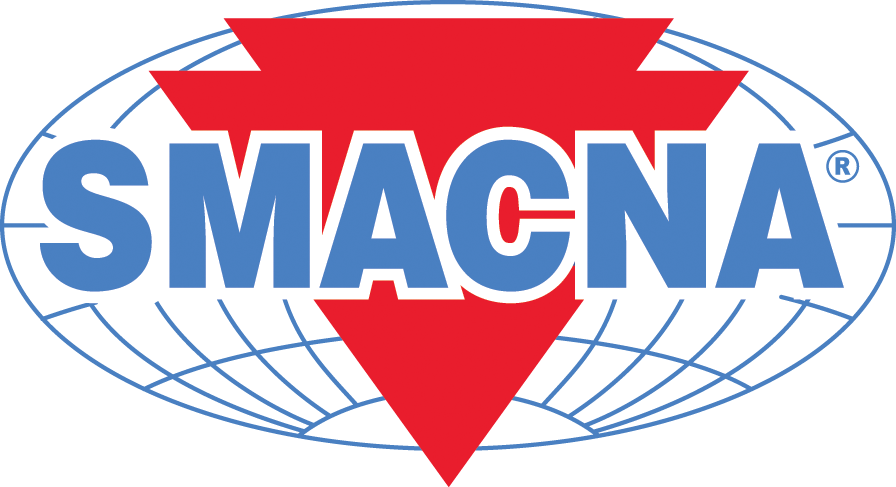FERC Rule Change Brings New Opportunities for Construction
The rule initially required FERC to hold off on granting construction authorization for natural gas facilities while rehearing requests were still pending.

 The Federal Energy Regulatory Commission’s recent decision to remove Section 157.23 marks a significant shift in how energy infrastructure projects move from approval to construction. Previously, this rule required FERC to hold off on granting construction authorization for natural gas facilities while rehearing requests were still pending. The process often led to several months of delay, creating uncertainty for developers, contractors, and investors.
The Federal Energy Regulatory Commission’s recent decision to remove Section 157.23 marks a significant shift in how energy infrastructure projects move from approval to construction. Previously, this rule required FERC to hold off on granting construction authorization for natural gas facilities while rehearing requests were still pending. The process often led to several months of delay, creating uncertainty for developers, contractors, and investors.With the rule now repealed, FERC has restored its ability to issue “notices to proceed” once all environmental, safety, and technical pre-construction conditions are satisfied, even if a rehearing request is under consideration. This re-establishes the process that was in place before 2020, when the Commission had discretion to allow work to begin while ensuring that outstanding legal or environmental issues were still addressed.
The new framework allows FERC to balance efficiency with accountability. Developers can advance projects in a timelier manner, while stakeholders still retain the right to seek judicial review if concerns arise. The change is expected to shorten development timelines, reduce financial risk, and create more predictable workloads for the skilled trades that support pipeline, LNG, and compressor station construction.
For SMACNA members, this improved permitting process provides greater scheduling reliability and a more stable flow of projects. It supports the timely deployment of labor and materials, minimizes idle time between project phases, and contributes to stronger workforce continuity across the industry.
At the policy level, FERC’s decision aligns with broader federal goals to modernize and streamline infrastructure permitting. It complements executive directives aimed at improving energy reliability and economic competitiveness by reducing redundant procedural delays while maintaining environmental and property rights protections.
FERC’s action demonstrates a renewed effort to connect regulatory policy with practical project delivery. For SMACNA members, it signals a more efficient and balanced approach to building critical energy infrastructure, one that keeps projects moving while preserving the safeguards that ensure public trust.
SMACNA will continue to engage with federal agencies, policymakers, and industry partners to advocate for policies that promote timely, responsible infrastructure development. By maintaining a strong presence in regulatory discussions, SMACNA ensures that the construction industry’s expertise and workforce priorities help shape the next generation of energy and infrastructure policy.
Oct 15, 2025 — Member Update
Latest Articles
Feb 25, 2026 - Document will assist members understand and navigate the current uncertain climate surrounding tariffs.
Feb 25, 2026 - Devon Madon and Ernie Menold are featured in our podcast series highlighting some of the younger voices in our association, their experiences and detailing their industry journey!
Feb 25, 2026 - Veteran sales management professional with two decades of experience will take the lead on several of SMACNA’s key initiatives, including our Premier Partners and Associate Member program.

